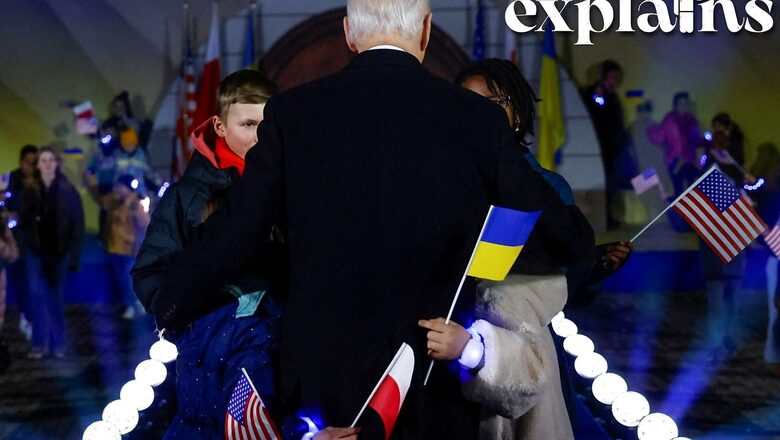
views
These rippling effects have also trickled down into geopolitics. Outside Ukraine’s borders, Russia’s incursion has upended portions of the global order, including the formation of new blocs not seen since the Cold War, as per a report by AFP.
Heading Towards a Wider War: UN
The United Nations chief warned in February this year that the world is facing a convergence of challenges “unlike any in our lifetimes” and expressed fear of a wider war as the first anniversary of Russia’s invasion of Ukraine approaches. Secretary-General Antonio Guterres said experts who surveyed the state of the world in 2023 set the Doomsday Clock at 90 seconds to midnight — the closest ever to “total global catastrophe.”
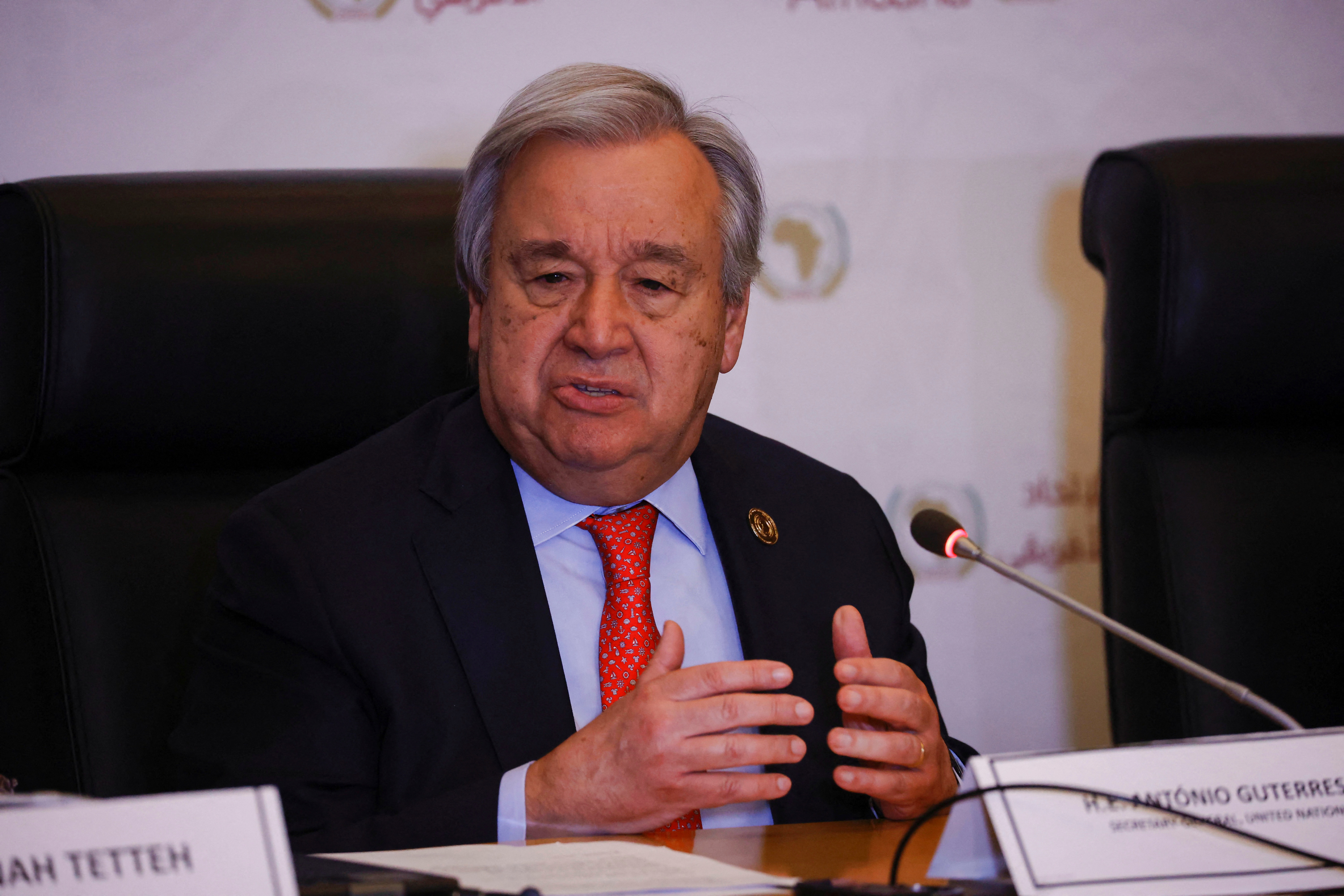
He pointed to the war in Ukraine, “runaway climate catastrophe, rising nuclear threats,” the widening gulf between the world’s haves and have-nots, and the “epic geopolitical divisions” undermining “global solidarity and trust.”
Guterres said the transformation needed today must start with peace, beginning in Ukraine — where unfortunately, he said, peace prospects “keep diminishing” and “the chances of further escalation and bloodshed keep growing.”
“I fear the world is not sleepwalking into a wider war. It is doing so with its eyes wide open,” he said.
New blocs coalesce
The war has heightened conflicts and confrontation, as well as the existing global tendency for countries to form into blocs centred on Washington and Beijing, AFP said in its report.
“We’ve shifted into a disordered multipolar world where everything is a weapon: energy, data, infrastructure, migration,” EU foreign policy chief Josep Borrell said in December.
“Geopolitics is the vital word, everything is geopolitics.”
Central Asia, the Caucasus, the Balkans, Africa and the Asia-Pacific have been theatres of battle for influence between powers like China, the EU, Russia and Turkey — whether through financing infrastructure projects or striking deals on trade, military or diplomatic cooperation.
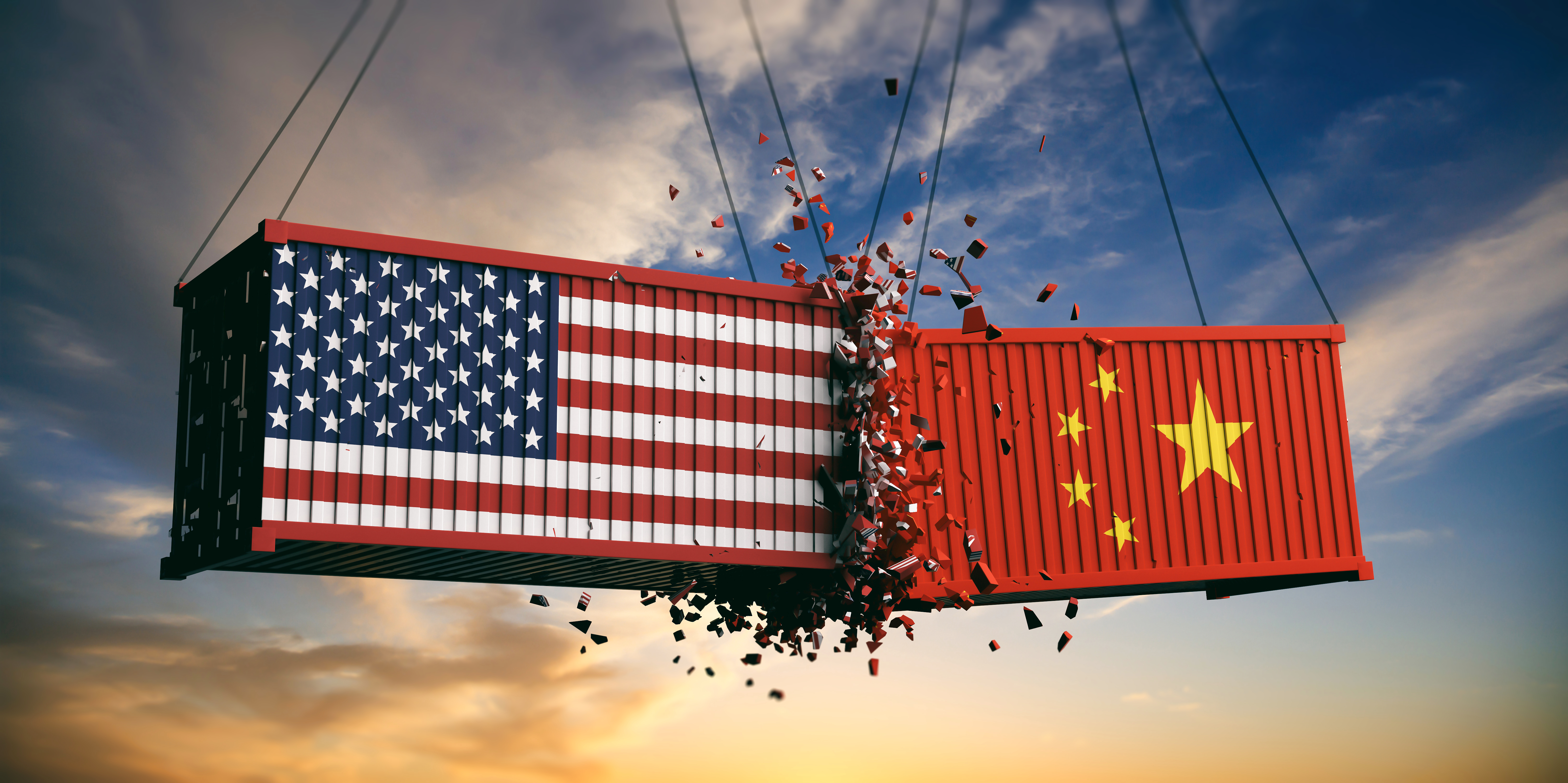
The war on Ukraine has further shaken things up, weakening Russia’s grip on former Soviet republics in Central Asia and opening a new role for Turkey as a mediator.
“This chaotic reorganisation is real, but probably temporary,” said Pierre Razoux, head of the France-based FMES think-tank.
“Inevitably, the end of the war will leave Russia and Europe weakened and worn down, while the two big winners from this situation will be the US and China,” he added.
The China Problem
China has had to consider the war in light of its long-term strategic goal of becoming the world’s leading power by 2049, the report by AFP says. Although Beijing supports Moscow, it has avoided moves that could alienate the West.
Most recently, the US and NATO have claimed that China is considering supplying arms to Russia. However, Beijing has rubbished the claims entirely.
A Fine Line
China has tried to walk a fine — and often contradictory — line on the Russian invasion, a report by Associated Press says.
China says Russia was provoked into taking action by NATO’s eastward expansion. Just weeks before the Feb. 24, 2022, invasion, Chinese President Xi Jinping hosted Russian President Vladimir Putin in Beijing for the opening of the Winter Olympics, at which time the sides issued a joint statement pledging their commitment to a “no limits” friendship. China has since ignored Western criticism and reaffirmed that pledge.
But China has yet to confirm the visit Putin has said he expects from Xi this spring.
China is “trying to have it both ways,” US Secretary of State Antony Blinken has said on NBC. “Publicly, they present themselves as a country striving for peace in Ukraine, but privately, as I said, we’ve seen already over these past months the provision of non-lethal assistance that does go directly to aiding and abetting Russia’s war effort.”
‘China Isn’t Distancing Itself’
Alice Ekman, an Asia analyst at the EU Institute for Security Studies told AFP that, “China isn’t distancing itself, but rather has consolidated its closer relationship.”
In their annual report published this month, Estonia’s intelligence services said that “it is premature to see Xi Jinping’s restrained support for Putin’s war as a sign of distancing from Russia”.
Support may not be full alignment, and China is not offering the same level of aid as Washington is giving Ukraine, but “we have to look at the facts: economic ties have strengthened,” Ekman said.
In fact, the war means Moscow runs the risk of becoming a mere vassal or satellite of Beijing.
“Russia isn’t in a position to negotiate with China, which will take whatever it wants from Russia without giving Russia what it wants,” such as arms or crucial electronic components, said Agathe Demarais, an economist and sanctions expert.
Nevertheless “ideology can take the lead over economic imbalance, and the relationship shouldn’t be analysed only through a rational lens,” Ekman said.
“The Kremlin is betting on diversifying its geopolitical, economic and strategic ties with Turkey, the Middle East, Iran and Africa” to limit its dependence on China, Razoux said.
Russia’s vast nuclear arsenal — far larger than China’s — also prevents it becoming completely subservient.
Does Europe matter?
For the European Union, the war represents both the opportunity to show it can act as a key player, as well as the danger of yet again playing second fiddle to Washington, the AFP report says.
“Europe isn’t doing too badly, it’s shown its resilience, its ability to react very quickly from the very start of the war, with military support, aid to refugees, reducing its energy dependence” on Russia, said one senior European decision-maker on condition of anonymity.
The EU “answered the immediate needs. Has it prepared for the future and its place on the global chessboard? There’s work left to do,” the official added.
Demarais said that “there are clearly two blocs, one American, one Chinese along with its allies and Russia. Will Europe become a third bloc or not, or will it be aligned with the Americans?”
United with Washington for now in supporting Kyiv, European leaders want to “strengthen the relationship with the US, but realise that they could find themselves left alone for one or two political terms” if an isolationist candidate claims the White House, Razoux said.
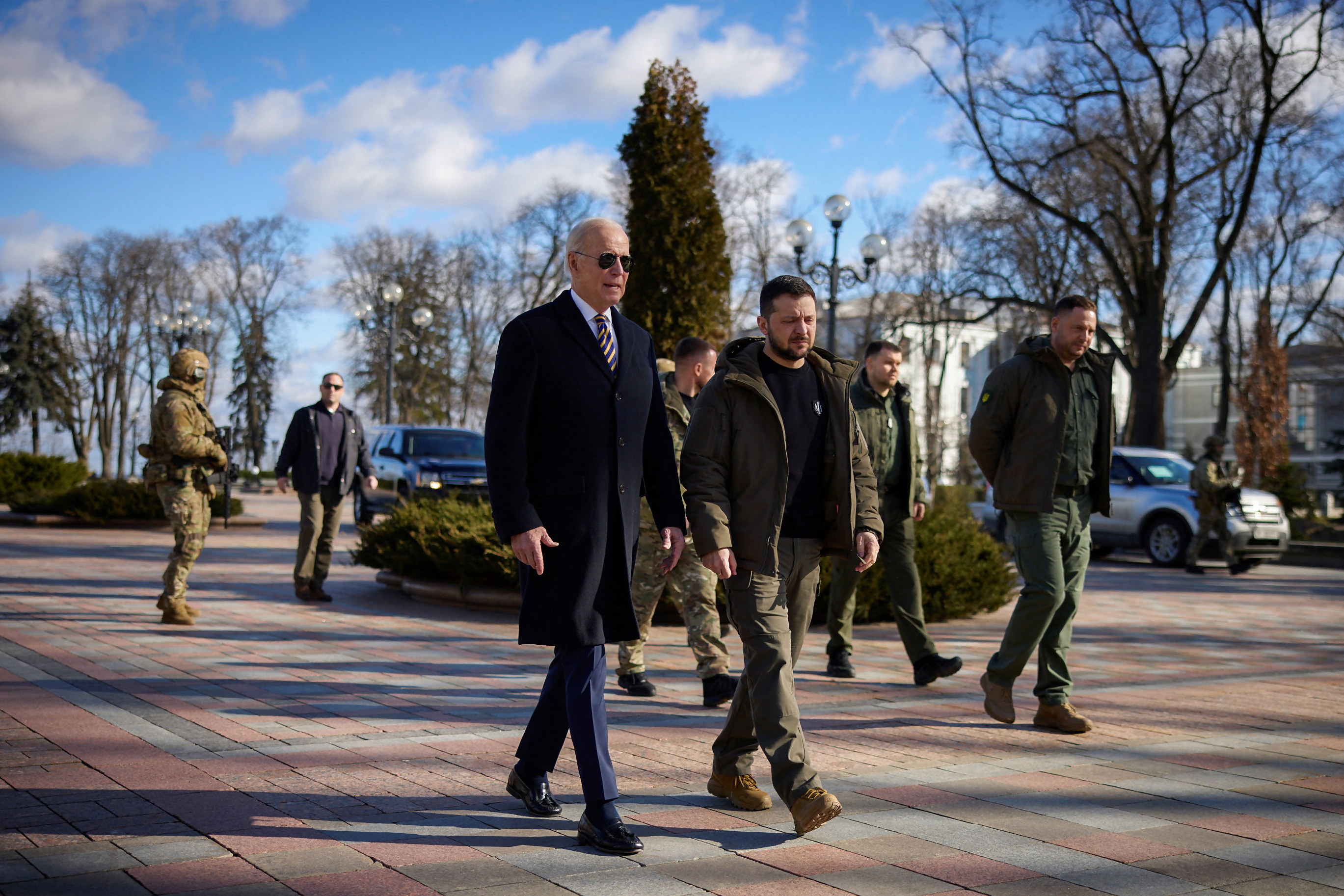
With more Atlanticist EU member states seeing no future outside the US and NATO security umbrella, the union is looking for more areas to reduce strategic dependencies beyond Russian fossil fuels, now largely cut off.
A declaration at a summit in Versailles outside Paris last March listed areas such as key raw materials, semiconductors and food products as priorities.
Bruno Tertrais of the France-based Foundation for Strategic Research (FRS) said the Europeans were suffering from “strategic procrastination”, refusing to act until left with no other option.
Nevertheless, the EU will look to elbow its way to a seat at whatever negotiations end the war.
As the saying goes, Tertrais said “if you aren’t at the table, you’re on the menu”.
“I don’t want it to be just the Chinese or the Turks negotiating what happens next,” French President Emmanuel Macron told Le Monde newspaper in December.
US pivot to Asia
Then-president Barack Obama predicted in 2009 that “the relationship between the United States and China will shape the 21st century”, presaging a shift in Washington’s attention from the Atlantic world to the Pacific.
Yet Russia’s invasion of Ukraine suggests that unwinding from Europe may not be so easy for Obama’s former vice-president Joe Biden.
“Russia is holding back this American shift towards China. The US must relatively quickly resolve this European question,” said French army chief Bertrand Toujouse.
Biden faces “a balancing act”, University of Washington researcher Giovanna De Maio said, highlighting “growing calls for the conflict to be settled as soon as possible” from US politicians, as well as grumbling in the Republican Party opposition over Biden’s arms deliveries to Ukraine.
The war has nevertheless had many lessons to teach about a potential conflict with China around Taiwan, US commander in Japan James Bierman told the Financial Times recently.
“After Russian aggression in 2014 and 2015, we earnestly got after preparing for future conflict: training for the Ukrainians, pre-positioning of supplies, identification of sites from which we could operate support,” Bierman said.
“We call that setting the theatre. And we are setting the theatre in Japan, in the Philippines, in other locations.”
With inputs from AFP, Associated Press
Read all the Latest Explainers here



















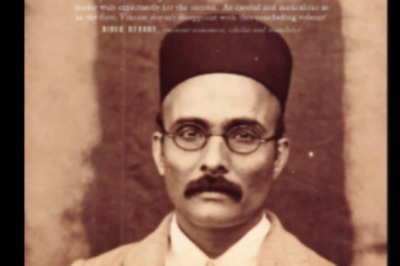
Comments
0 comment